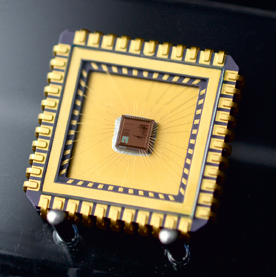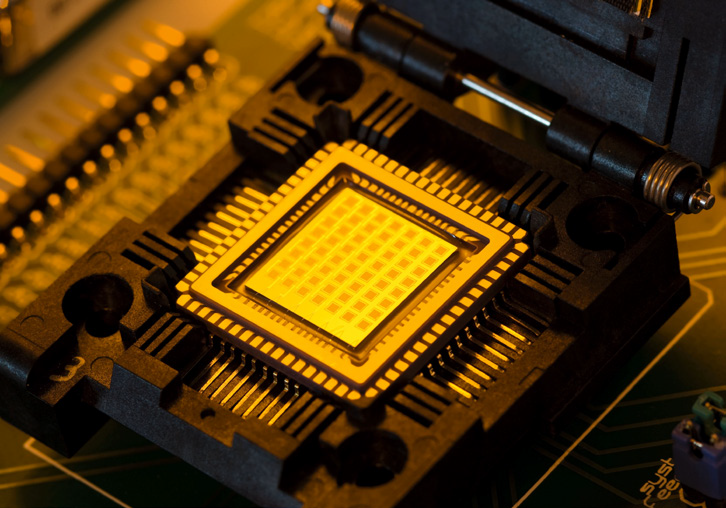Trailblazer for especially robust vehicle electronics
The partners in the RESIST research project have spent the last three years developing resilient electronic systems for use in vehicles.


Electronic systems in cars and planes are increasingly sophisticated and complex. They are performing an ever-expanding number of functions while becoming smaller and lighter. This improves the performance of the components and allows energy consumption to be reduced. On the other hand, there has been greater sensitivity and vulnerability of electronic components with respect to external influences.
Early warning system to satisfy the highest demands on the electronics
That is why the project came up with new design methods and chip architectures for safety-critical electronics that enable an early warning system for detection of the “health condition” of the electronics. Thus, defects can be identified before failure and corrected, if possible.
Methods and chip architectures to realize a zero-defect target
The aim is to contribute to extending the lifespan and failure safety of electronic assemblies in future automotive and aviation applications from the current 10 to 15 years to a period of 25 to 35 years. To this end, new types of chip elements and approaches were developed that allow a forecast to be made during the design phase of a microchip or a system about behavior during later operation. This ensures that devices will tolerate operational loads in the vehicle better than previously and will thus remain fail-safe for longer. The results were tested in various demonstrators. Among the developments is a fail-safe DC converter that still maintains its functionality even if critical subcomponents in its circuitry fail. This allows it to guarantee uninterrupted continued operation of the entire electronics and the electrically powered safety systems.
The work of the German RESIST partners was funded to the tune of approximately five million euros by the German Federal Ministry of Education and Research (BMBF) within the framework of the European initiative EUREKA-CATRENE.
About the project:
In addition to Fraunhofer IIS / EAS, the RESIST project team included Airbus Innovations, Infineon Technologies AG, MunEDA GmbH, Nexperia Germany GmbH, Robert Bosch GmbH, and Volkswagen AG. The university partners were Reutlingen University, the Technical University of Munich, and the University of Bremen.
Last modified: